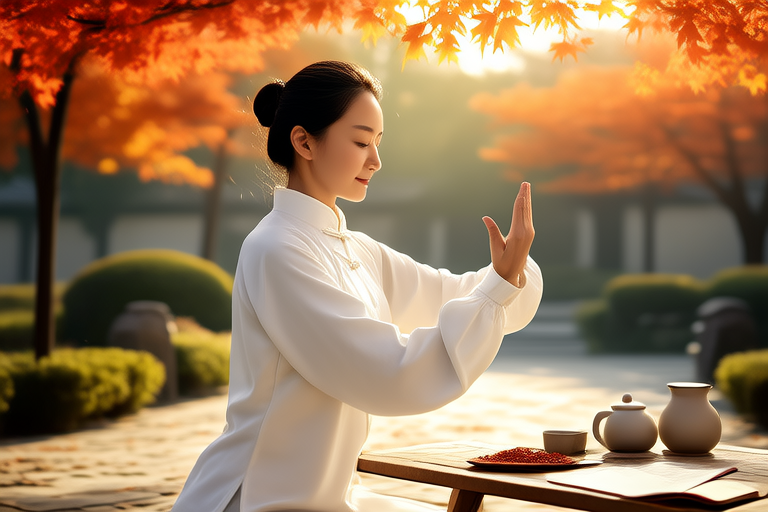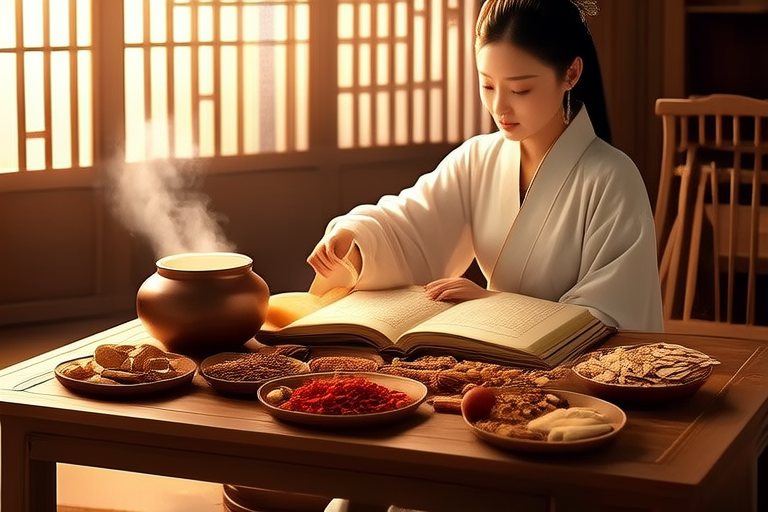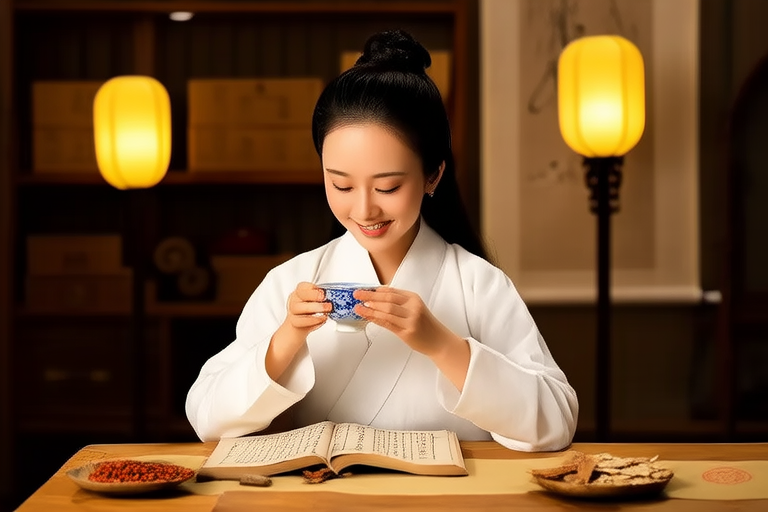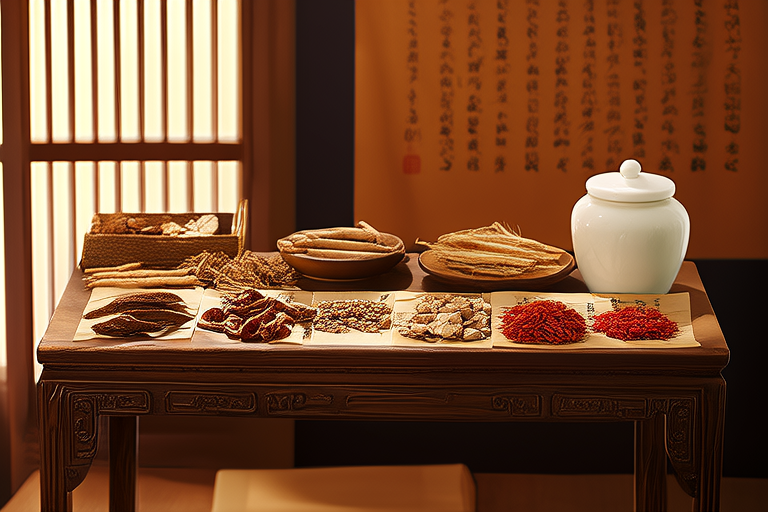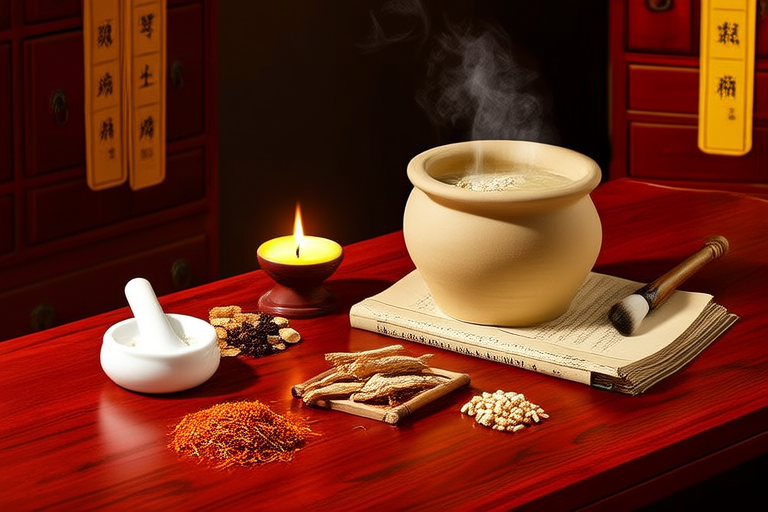Harmonizing Body and Mind: The Art of Health Preservation in Traditional Chinese Medicine
Introduction
In the realm of holistic health practices, Traditional Chinese Medicine (TCM) stands as a time-honored system that emphasizes the interconnectedness of body and mind. Rooted in ancient philosophy and refined over millennia, TCM views health not merely as the absence of disease but as a state of dynamic balance and harmony within the individual and their environment. Central to this philosophy is the concept of health preservation, which focuses on nurturing vitality and preventing illness by aligning with natural rhythms. Unlike modern Western medicine, which often prioritizes treating symptoms, TCM adopts a proactive approach, aiming to harmonize the body’s internal systems while addressing emotional and mental well-being. This holistic framework offers profound insights into achieving long-term wellness through balance, making it increasingly relevant in today’s fast-paced world.
Main Body
Key Principles of Traditional Chinese Medicine
Qi: The Vital Energy Flow
At the heart of TCM lies the concept of Qi (pronounced “chee”), often translated as “vital energy” or “life force.” Qi flows through the body along pathways known as meridians, nourishing tissues, organs, and systems. When Qi flows freely and abundantly, the body thrives; conversely, blockages or deficiencies in Qi can lead to physical or emotional imbalances. TCM practitioners believe that maintaining optimal Qi flow is essential for sustaining health. Techniques such as acupuncture, herbal remedies, and Qigong are designed to regulate and enhance Qi, ensuring its smooth circulation throughout the body.
Yin-Yang Balance
The principle of Yin and Yang represents the duality and interdependence of opposing forces in the universe. In TCM, health is seen as a state of equilibrium between these two complementary energies. Yin embodies qualities such as coolness, rest, and introspection, while Yang symbolizes warmth, activity, and outward expression. An imbalance between Yin and Yang—such as excessive heat (Yang) or chronic fatigue (Yin)—can manifest as physical ailments or emotional disturbances. By identifying and correcting these imbalances, TCM seeks to restore harmony and promote overall well-being.
The Five Elements Theory
The Five Elements theory—Wood, Fire, Earth, Metal, and Water—further expands TCM’s understanding of the body and its relationship to the external world. Each element corresponds to specific organs, emotions, seasons, and physiological functions. For example, Wood relates to the liver and the emotion of anger, while Water is associated with the kidneys and fear. This framework helps practitioners diagnose patterns of disharmony and tailor treatments accordingly. By aligning one’s lifestyle with the cycles of nature, individuals can cultivate resilience and prevent illness.
Practical Methods in TCM for Health Preservation
Acupuncture
Acupuncture is one of the most widely recognized TCM modalities, involving the insertion of fine needles into specific points along the body’s meridians. This practice aims to stimulate Qi flow, relieve pain, and address various health conditions. Modern research has shown that acupuncture can effectively manage stress, improve sleep quality, and alleviate chronic pain. By targeting both physical symptoms and underlying imbalances, acupuncture exemplifies TCM’s integrative approach to healing.
Herbal Medicine
Herbal medicine plays a pivotal role in TCM, utilizing plants and natural substances to support the body’s self-healing mechanisms. Formulas are carefully crafted based on an individual’s unique constitution and condition, ensuring personalized care. Common herbs like ginseng, astragalus, and goji berries are celebrated for their adaptogenic properties, which help the body cope with stress and enhance vitality. Herbal remedies are often combined with other therapies to amplify their effects.
Dietary Therapy
In TCM, food is considered a form of medicine, with dietary choices playing a crucial role in maintaining balance. Foods are categorized according to their energetic properties—cooling, warming, drying, or moistening—and are selected based on an individual’s needs. For instance, someone experiencing excessive heat might benefit from cooling foods like cucumber or watermelon, while those with cold tendencies may require warming ingredients like ginger or cinnamon. This mindful approach to nutrition fosters not only physical health but also mental clarity and emotional stability.
Tai Chi and Qigong
Tai Chi and Qigong are gentle movement practices that combine breathing exercises, meditation, and slow, deliberate motions. These disciplines aim to cultivate Qi, strengthen the body, and calm the mind. Regular practice has been shown to reduce stress, improve flexibility, and enhance cardiovascular health. Moreover, Tai Chi and Qigong foster mindfulness, encouraging practitioners to connect deeply with their bodies and surroundings. As accessible forms of exercise, they are particularly beneficial for people of all ages and fitness levels.
The Importance of Prevention and Lifestyle Adjustments
A cornerstone of TCM is its emphasis on prevention rather than cure. By adopting healthy habits and making conscious lifestyle adjustments, individuals can safeguard their well-being and minimize the risk of illness. This includes adhering to seasonal routines, managing stress, getting adequate rest, and fostering positive relationships. TCM teaches that small, consistent changes—such as incorporating more whole foods into one’s diet or practicing daily meditation—can yield significant benefits over time. By prioritizing prevention, TCM empowers individuals to take charge of their health and build a foundation for lifelong vitality.
Conclusion
Traditional Chinese Medicine offers a profound and practical approach to health preservation, emphasizing the integration of body and mind through principles like Qi, Yin-Yang balance, and the Five Elements theory. Its diverse array of therapies—including acupuncture, herbal medicine, dietary therapy, Tai Chi, and Qigong—provides tools for achieving physical and mental well-being. By focusing on prevention and encouraging mindful lifestyle adjustments, TCM equips individuals to navigate life’s challenges with resilience and grace. In our modern era, where stress and chronic illness are prevalent, integrating TCM practices into daily life can foster greater harmony and balance. Ultimately, the wisdom of TCM reminds us that true health arises not from isolated interventions but from cultivating a harmonious relationship with ourselves and the world around us.






